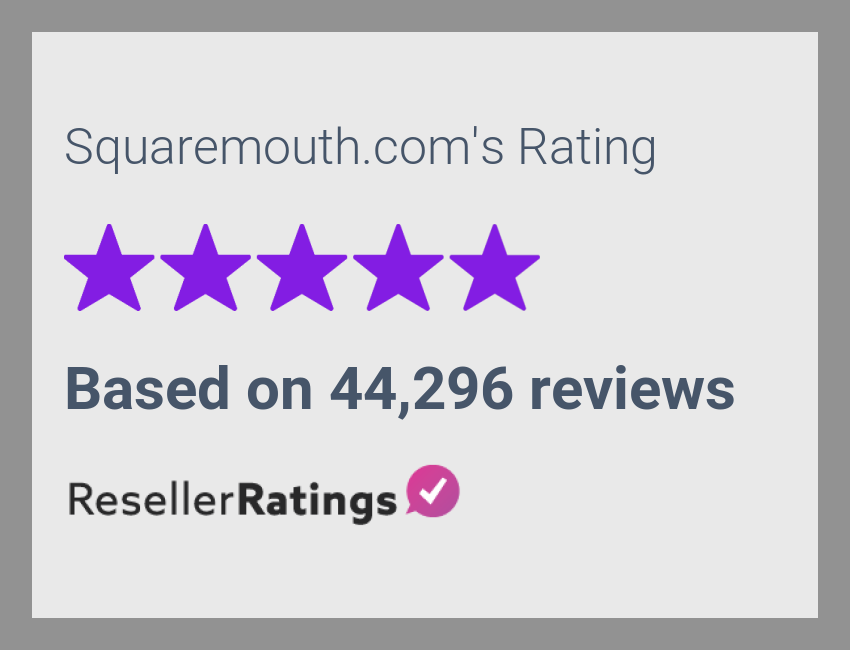
Insurance is crucial for anyone who travels. It not only provides financial security while traveling, but also allows you to cancel your policy anytime before it becomes effective. You can also get a refund of any portion of the premium that is not used during your trip. American health care is expensive and can make it very difficult to obtain treatment in an unexpected emergency. You will be responsible for paying your bills without insurance. This can be dangerous.
Benefits
The best way to minimize the cost for medical care abroad is with a travel insurance policy. Medicare does not cover medical expenses outside of the United States, and this can deplete your family's savings. Many travel health insurance policies also cover emergency medical expenses. To be sure you're covered, it's important to speak with your insurance provider well in advance.

Even if you are only traveling for a brief time, having travel insurance coverage for your health is essential. Travel medical insurance covers medical emergencies as well as routine checkups. If you are not covered by your insurance, you will need to pay the bill yourself. This is particularly helpful if your destination has no access to local medical care.
Costs
People who travel often need to purchase travel medical insurance. You should purchase your policy at least six months before you need it. A basic, low-benefit frequent flyer health plan might cost $100 per year for one person. However, a more comprehensive plan could cost twice as much for the same year. Frequent travelers policies are best for short trips. However, it is possible to pay significantly more for longer-term assignments or overseas trips.
Types
When traveling abroad, travelers should think about purchasing travel insurance. This policy covers medical care in a foreign country as well as emergency evacuation. There are limits and deductibles. Before you buy travel insurance, ensure that you check your domestic insurance plan's specific requirements. There are many kinds of travel insurance. You can choose what plan is best for you and your budget.
Pre-existing conditions covered
There are many options available when it comes down to choosing a comprehensive travel insurance plan that covers preexisting conditions. The insurer will determine if a pre-existing condition waiver is available, but most will cover common chronic diseases. This includes heart disease, depression, and diabetes. You should also verify that your plan covers drug addictions. Pregnancy is not usually considered a pre-existing condition, but some plans will only cover it if it's a normal childbirth.

Pre-existing is a condition that has an ongoing medical, or dental problem. It must be present at the time you purchased the policy. Sometimes, a condition might have occurred after you bought the policy. However, it is important that you review the terms and conditions.